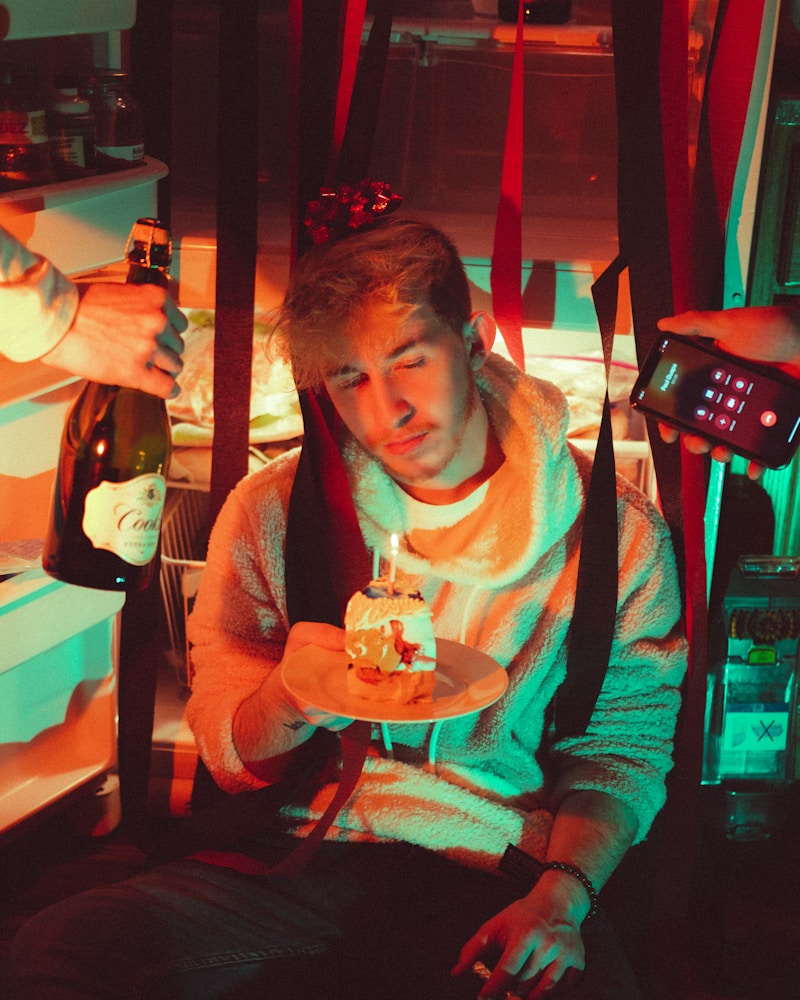Cultural Influences in Modern Celebrations: A Global Perspective
Cultural Influences in Modern Celebrations: A Global Perspective
Cultural Influences in Modern Celebrations
As the world becomes increasingly interconnected, modern celebrations are deeply influenced by cultural exchanges and social trends. Understanding these cultural influences can enhance our appreciation of various festivities and help us embrace the uniqueness of different traditions. In this article, we will explore how cultural influences shape modern celebrations, providing insights into specific events, cultural practices, and the overall significance they hold in our global society.
The Impact of Globalization on Celebrations
Globalization has dramatically transformed the way people celebrate important milestones in their lives. With the growth of technology and communication, cultural practices from one part of the world can influence celebrations in another region, leading to a fusion of traditions. This cultural melding allows for richer, more diverse celebrations, but it can also dilute traditional practices. For instance, consider the global adoption of Halloween:
| Tradition | Origin | Modern Adaptations |
| Halloween | Ancient Celtic festival of Samhain | Costume parties, trick-or-treating, themed events worldwide |
Originally a Celtic festival, Halloween has evolved into a multi-faceted celebration characterized by costumes, decorations, and various entertainment forms. Today, regardless of their cultural heritage, people around the globe partake in Halloween festivities, each adding their unique flair to the celebration.
Regional Influences on Celebrations
Every region demonstrates unique cultural influences in their celebrations. In Asia, the Lunar New Year is a significant festive event, celebrated in countries such as China, Vietnam, and Korea. This festival showcases various vibrant traditions, such as:
- Lantern Festivals: Streets filled with colorful lanterns representing hope and prosperity.
- Family Reunions: Families gather to honor ancestors and share meals, re-establishing strong familial bonds.
- Dragon and Lion Dances: Traditional performances believed to bring good fortune.
In contrast, cultural influences in Western celebrations, such as Christmas, blend Christian traditions with secular practices. The integration of Santa Claus, for instance, showcases how cultural narratives evolve over time:
| Element | Origin | Modern Significance |
| Santa Claus | Derived from St. Nicholas | Symbol of generosity, merging of various cultural practices |
Celebrations Through the Lens of Popular Culture
Modern celebrations are heavily influenced by popular culture, including films, music, and social media. For instance, the rise of social media has led to the emergence of "Instagrammable" moments during celebrations, where people curate their festivities for online sharing. This trend has influenced celebrations by encouraging creativity and personalization:
- Engagement Parties: Elaborate themes and decorations designed to be shared on social media platforms.
- Weddings: Custom hashtags and photo booths have become staples in Modern weddings, allowing couples to share their special day widely.

Cultural Influences in Festivals Across the Globe
Festivals serve as a prime example of cultural influences in modern celebrations. Events like Carnival in Brazil, Diwali in India, and the Oktoberfest in Germany exhibit distinctive cultural attributes while also absorbing external influences. Let's take a closer look at some of these festivals:
- Carnival: Originating from European Catholic traditions, Brazil's Carnival showcases vibrant parades and samba music, attracting millions globally. Its incorporation of Afro-Brazilian culture presents a unique blend of influences that embodies Brazil's multicultural identity.
- Diwali: Known as the Festival of Lights, Diwali symbolizes the victory of light over darkness. Celebrated primarily by Hindus, this festival has been embraced by diverse communities, emphasizing themes of prosperity, family unity, and cultural richness.
- Oktoberfest: This annual beer festival in Germany has gained worldwide popularity, leading to various international iterations. Many countries host their own beer festivals, reflecting the Bavarian spirit and adapting to local tastes.
The Role of Technology in Shaping Modern Celebrations
Technology also plays a crucial role in how we celebrate. Virtual celebrations, especially emphasized during the COVID-19 pandemic, have revolutionized traditional festivals. With the rise of video conferencing tools, people hosted birthday parties, weddings, and holiday gatherings online, showcasing resilience and adaptability:
- Virtual Weddings: Couples used live streaming to share their special moments with family and friends who couldn’t attend in person.
- Online Events: Virtual community gatherings, concerts, and educational workshops emerged, emphasizing the importance of connection even when physically apart.
Conclusion: Embracing Cultural Influences in Our Celebrations
The cultural influences in modern celebrations underscore the significance of diversity and the interconnectedness of our global community. As we continue to embrace different traditions and practices, it becomes vital to honor the origins and meanings behind these celebrations. Here are some considerations and recommendations for navigating cultural influences in celebration:
- Respect Traditions: Acknowledge the historical significance of the celebrations you participate in, aiming to learn about their roots.
- Celebrate Diversity: Encourage inclusivity and diversity in your celebrations, embracing different cultural practices.
- Be Mindful of Commercialization: While incorporating modern trends, be cautious of diluting traditional significance through excessive commercialization.
In conclusion, the cultural influences in modern celebrations enrich our experiences, helping us learn and grow as a global society. Whether it is through festivals, regional practices, or personal celebrations, embracing these influences allows us to celebrate our shared humanity. As we navigate these multicultural landscapes, let us cherish and respect the diverse tapestries of cultural traditions that make our world vibrant and festive.
